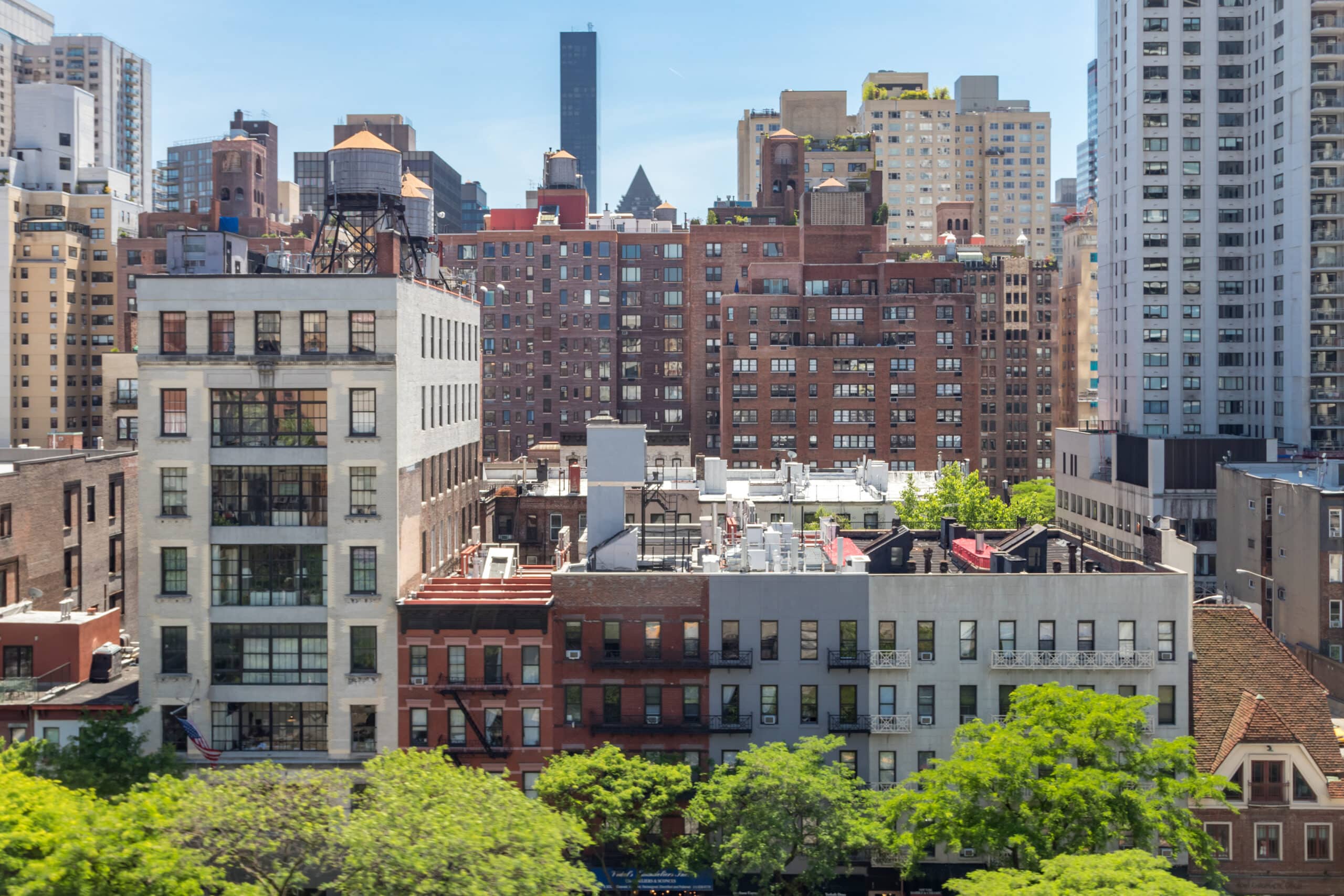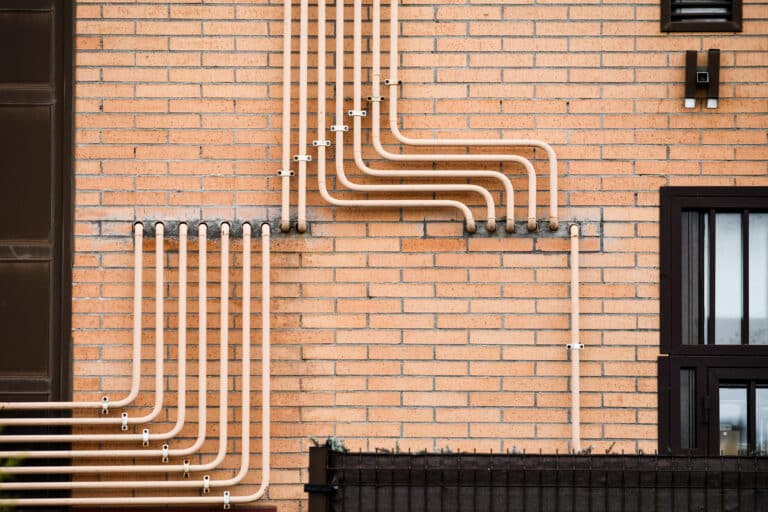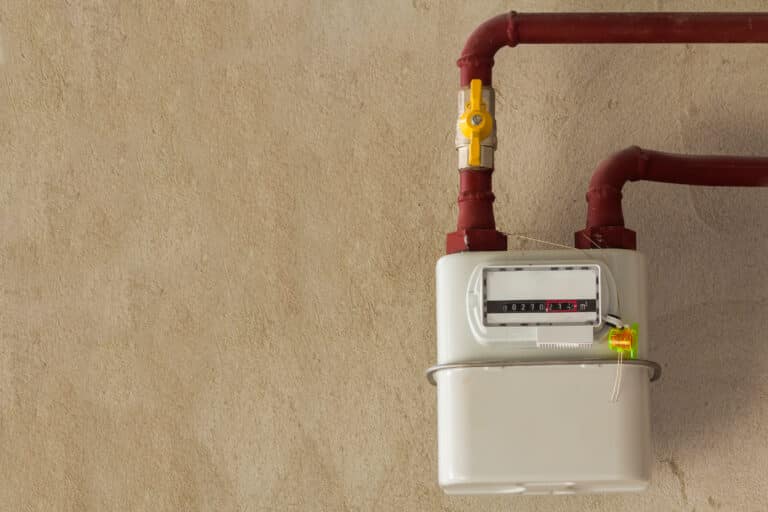New York adopted Local Law 152 in 2016 to promote public safety. The law involves an inspection of the exposed gas piping in buildings across the city. If your building qualifies, it must receive this inspection supervised by a Licensed Master Plumber once every four years.
Understanding Local Law 152
Hazardous conditions caused by neglected gas pipe infrastructure inspired the need for LL152. During the process, a certified inspector examines exposed gas pipes in common areas, hallways, mechanical rooms, and owner-occupied areas. The inspector searches for defects like corrosion, damaged pipes, improper or illegal connections, and gas leaks. The hope is that catching these issues early will prevent tragic consequences later on.
Consequences of Non-Compliance
Understanding and adhering to Local Law 152 is not just a matter of regulatory compliance; it’s a critical component of building safety and legal responsibility in New York City. Failure to comply can result in substantial financial penalties. Building owners who neglect to submit the required certification may face a civil penalty of $5,000.
No Gas Piping Certification
Buildings in New York City that do not have gas piping systems still have an obligation under Local Law 152. Like other buildings, they must submit a Gas Piping System Periodic Inspection Certification (GPS-2), which includes a declaration that the building does not contain any gas piping.
The certification must be signed and sealed by a Registered Design Professional (RDP) – either a New York State licensed professional engineer or registered architect – or a Licensed Master Plumber (LMP). After this professional confirms there is no gas piping present,, they can provide the certification stating the absence of such systems.
Addressing Buildings without Gas Service
Some locations have gas piping installed but do not currently have gas service.These buildings may have had gas service in the past or have the infrastructure in place but are not actively using it.
In these cases, the building owner must submit two forms to the Department of Buildings. First, they must obtain a signed statement from the utility company that indicates the last date gas was supplied to the building and the date on which gas service ended. Second, the owner must provide certification that the building no longer receives gas service and no longer contains appliances connected to the gas system.
When the building owner wants to resume gas service, they must receive an LL152 gas piping inspection and submit the GPS-2 certification to the DOB. Additionally, they must submit a Gas Authorization Request to the department.
Focused on LL152 Compliance
Navigating the requirements of Local Law 152 for buildings without gas piping, or those with gas piping but no active service, is an important step in maintaining compliance with LL152 regulations. This law plays a vital role in ensuring the safety and integrity of the city’s building infrastructure. At HBNY Plumbing & Heating, we are dedicated to helping you through the Local Law 152 process, keeping your building in compliance and your residents safe.




